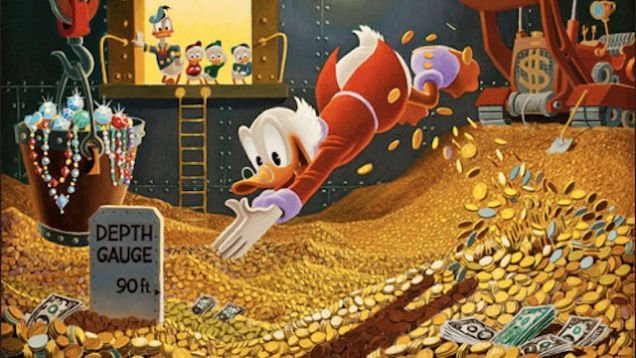There are a number of reasons that drug costs go up; but none have to do with economics. It may be that there are other drugs in the therapeutic class that have introduced recently and are charging more, to pay for “research”.
The number one reason for the high costs of drugs in the US vs. the world is because only in the US is pricing left to the market. Other civilized countries have cost controls in place for drugs sold.
Here in the US we could achieve the same if Medicare (the largest purchaser of drugs) negotiated with the producers. This is what happens with the Veterans Administration. There are 22 or 23 VISN’s or Veterans Intergraded Service Networks (hospitals clinics etc) in the US. Each VISN has a team that evaluates new drug choices based on scientific evidence and the appropriateness of a drug for there patients. But the price is the same for all VISN’s. Now my experience with the VA’s drug choices has not always been the newest or most advertised on the evening news but based on solid research the drugs did what was expected.
Of course Aunt May or Uncle Bob would not be able to talk there provider into an expensive drug they saw on TV (Viagra etc). This same system if used by Medicare would substantially reduce drug costs.
The other reason for high costs is promotional cost. Since 1997 drug costs have risen each year driven by DTC advertising. Before that drug reps were the only way a new product was promoted. Consider the cost of 2-3000 reps vs a minute of advertising each night on the evening news.
The number one reason for the high costs of drugs in the US vs. the world is because only in the US is pricing left to the market. Other civilized countries have cost controls in place for drugs sold.
Here in the US we could achieve the same if Medicare (the largest purchaser of drugs) negotiated with the producers. This is what happens with the Veterans Administration. There are 22 or 23 VISN’s or Veterans Intergraded Service Networks (hospitals clinics etc) in the US. Each VISN has a team that evaluates new drug choices based on scientific evidence and the appropriateness of a drug for there patients. But the price is the same for all VISN’s. Now my experience with the VA’s drug choices has not always been the newest or most advertised on the evening news but based on solid research the drugs did what was expected.
Of course Aunt May or Uncle Bob would not be able to talk there provider into an expensive drug they saw on TV (Viagra etc). This same system if used by Medicare would substantially reduce drug costs.
The other reason for high costs is promotional cost. Since 1997 drug costs have risen each year driven by DTC advertising. Before that drug reps were the only way a new product was promoted. Consider the cost of 2-3000 reps vs a minute of advertising each night on the evening news.

